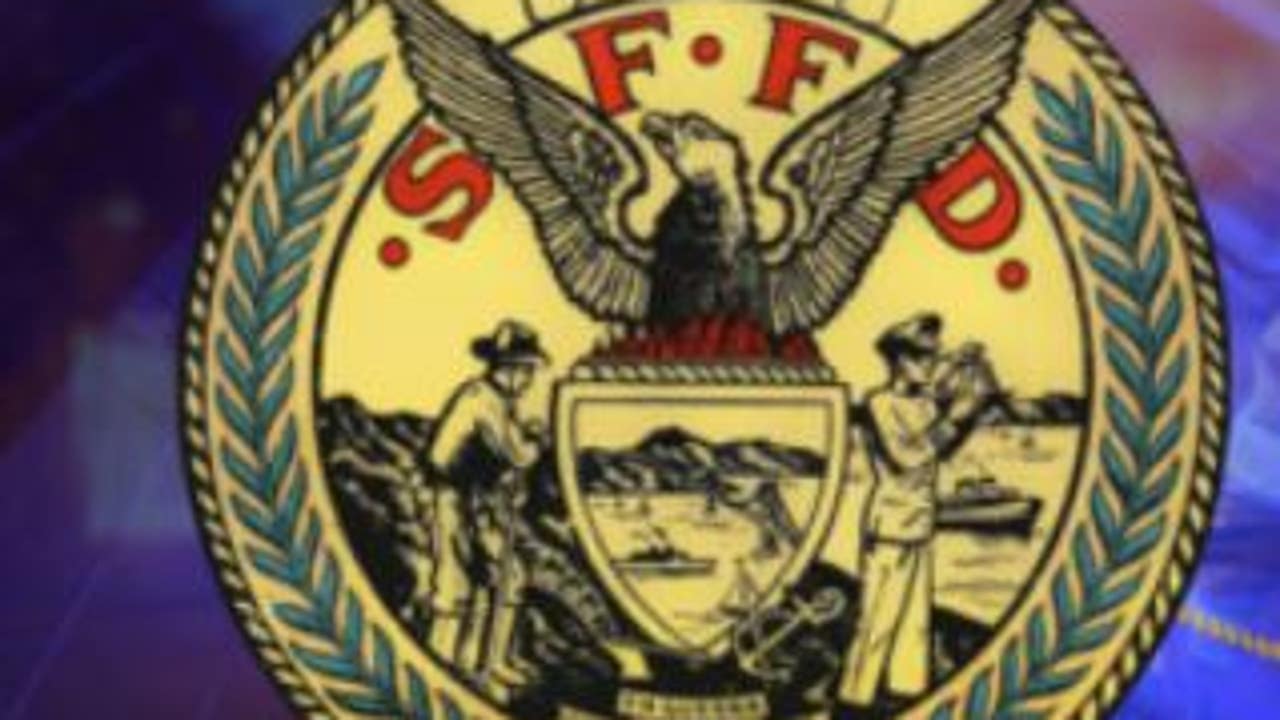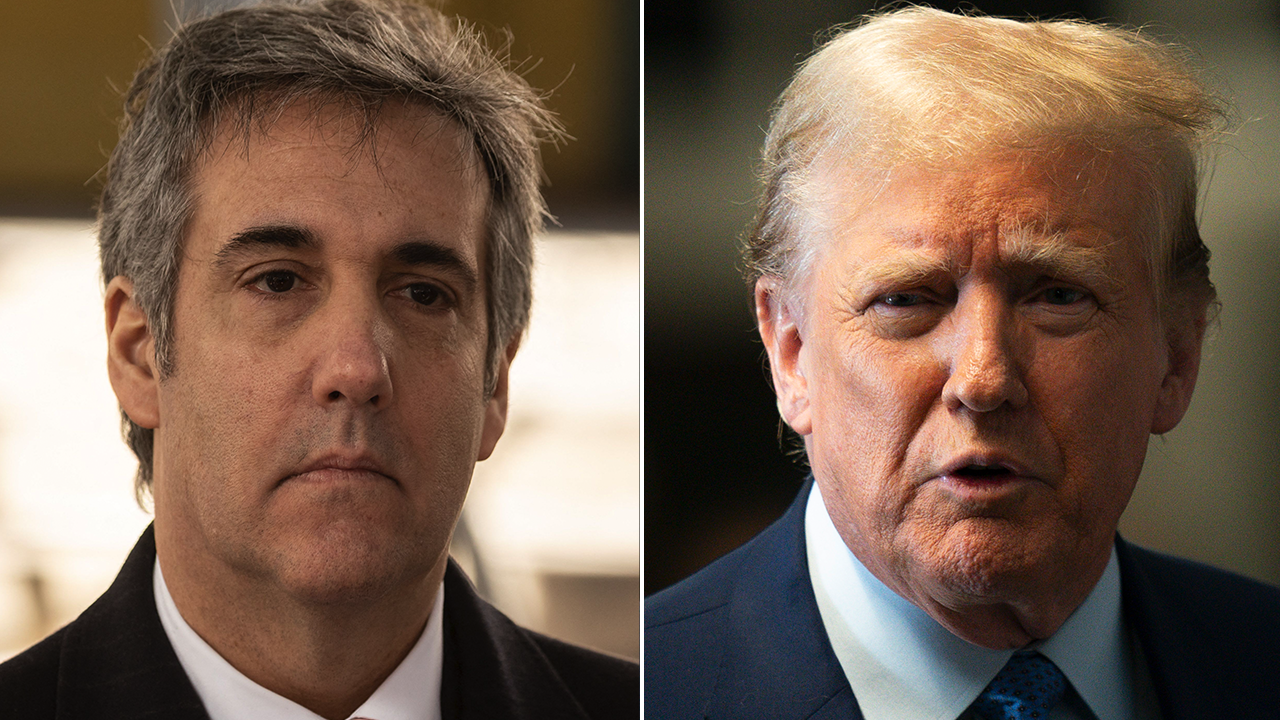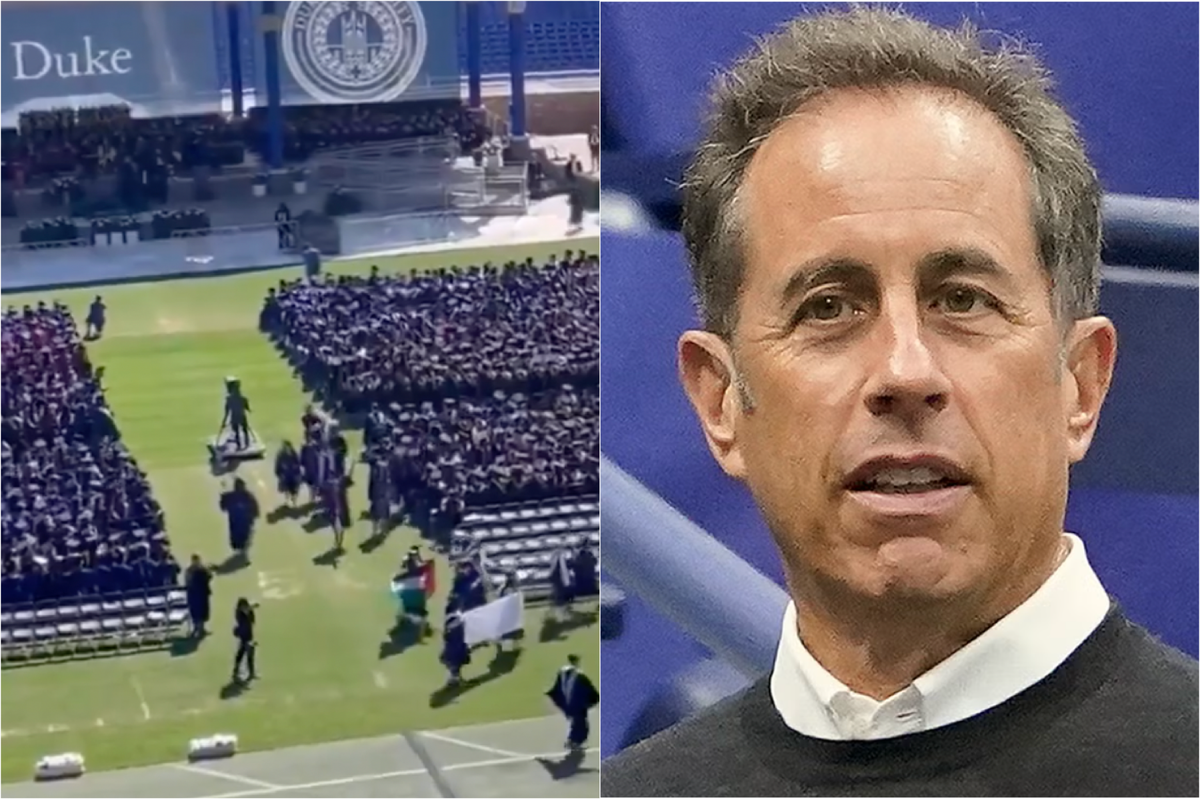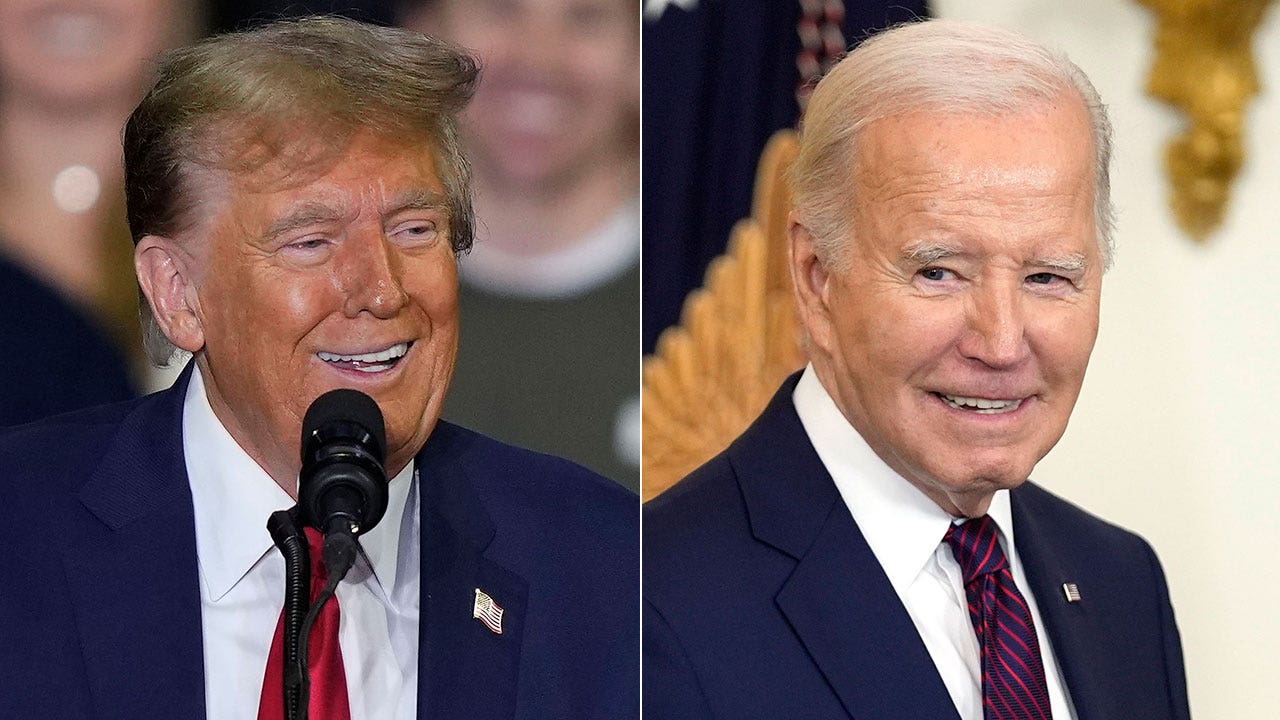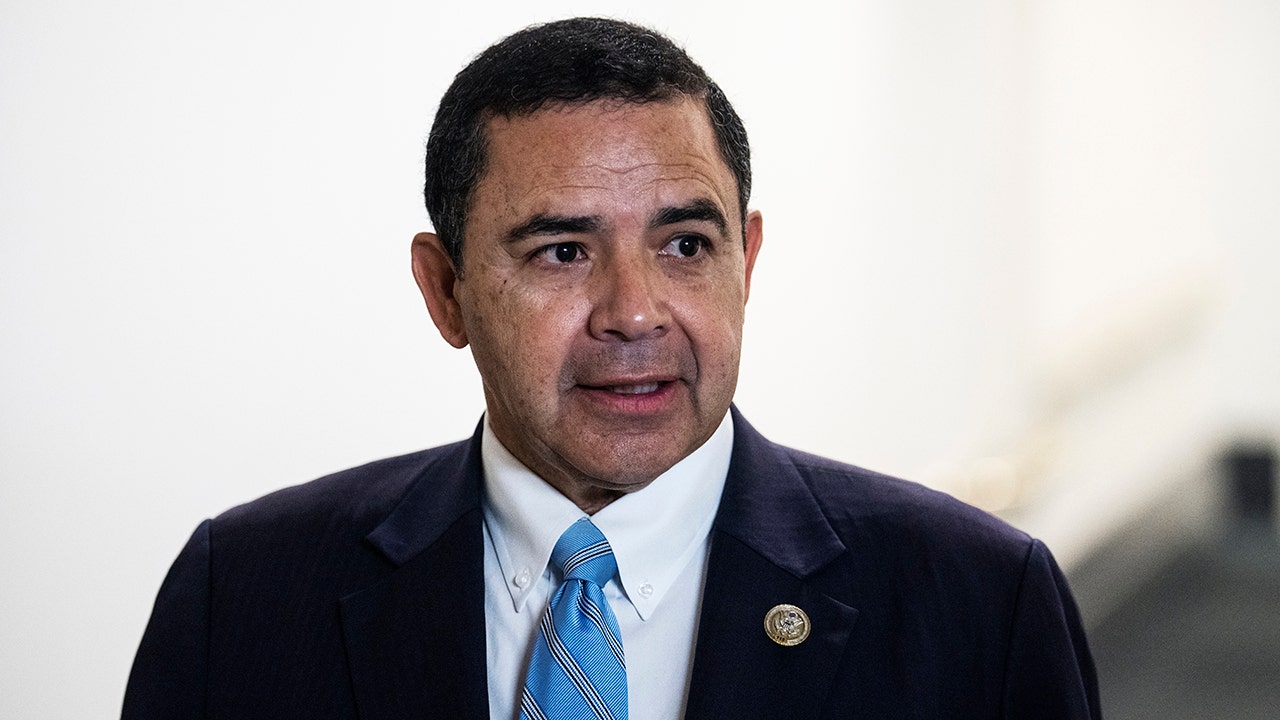The judicial front in the long-running battle over Uber and Lyft’s treatment of Massachusetts workers has been a flurry of paperwork for nearly four years. That’s about to change.
Monday marks the start of a massively impactful Suffolk Superior Court trial about whether the companies that redrew the transportation landscape, both here and across the country, did so by misclassifying their Bay State drivers as independent contractors instead of employees, with all of the pay and benefits that status entails.
For nearly a month, high-powered attorneys for Massachusetts, Uber and Lyft will argue over a question with implications for workers, businesses, lawmakers and a big-dollar political campaign, not to mention passengers and businesses who for more than a decade have made use of the apps.
“If the Attorney General wins this case, it will mean millions of Massachusetts riders would either see major reductions in service and a significant increase in costs, or lose ridesharing completely. All for something that the vast majority of drivers don’t even want,” said Theane Evangelis, legal counsel for Uber.
When she first filed the lawsuit, then-Attorney General Maura Healey alleged that Uber and Lyft “have gotten a free ride for far too long.”
“For years, these companies have systematically denied their drivers basic workplace protections and benefits and profited greatly from it,” she said at the outset of the fight.
Attorneys expect the trial will stretch several weeks with hours of testimony each day of proceedings. In that span, they expect to call on nearly five dozen people to testify about the ins and outs of ride-for-hiring driving, business models and labor law.
Several current or former drivers for Uber and Lyft in Massachusetts are set to speak, as are academic experts with experience studying management, corporate finance, economic modeling, marketing and more.
Lauren Moran, the chief of Attorney General Andrea Campbell’s fair labor division, is expected to testify. Uber’s head of U.S. city operations, Chad Dobbs, is on the witness list, as are a handful of Lyft executives.
The case hinges on a landmark section of state law often referred to as the “ABC test,” which predates the 2012 Massachusetts launch of Uber and the 2013 launch of Lyft in the Bay State.

For an employer to treat a worker as an independent contractor instead of an employee, they must be able to prove three points: that the worker was “free from control and direction”; that the service provided is “performed outside the usual course of business of the employer”; and that the individual has their own independent business or trade.
Campbell’s office plans to argue that Uber and Lyft cannot fulfill all three prongs of that test, suggesting in particular that the on-demand rides provided by drivers represent the core of the companies’ business.
In response, the ride-hailing apps will contend that their models are too novel to be defined as traditional employment. They say drivers have — and widely prefer — the flexibility to work as little or as much as they want, set their own hours and decline rides at will, plus pick up trips for direct competitors.
That practice, sometimes referred to as multi-apping, is widespread. Between Nov. 30, 2019 and Feb. 1, 2020, nearly 47 percent of drivers who used Lyft also used Uber on the same day, according to data Lyft included in a court filing.
Attorneys will make their case to Judge Peter Krupp, a Gov. Deval Patrick appointee who joined the court in 2013. He’s presided over a range of topics, including a woman falsely claiming to be a victim of the Boston Marathon bombings, police witness intimidation and overtime fraud. He was also involved in the high-profile Karen Read trial, ruling in November that the blogger Aidan “Turtleboy” Kearney could continue to attend proceedings but must stay away from witnesses he allegedly intimidated.

Before he joined the bench, Krupp worked for the Committee for Public Counsel Services, the law firm Mintz, Levin, Cohn, Ferris, Glovsky & Pompeo, at his own private practice, and as an assistant federal public defender, the News Service previously reported.
Uber and Lyft have named lawyers from Massachusetts, including several from the firm Wilmer Cutler Pickering Hale and Dorr, and other states to their team.
Much has changed in the nearly four years since Campbell’s predecessor, now-Gov. Healey, filed a lawsuit against Uber and Lyft in July 2020.
Facing orders to comply with a law in California that would have defined drivers as employees, Uber and Lyft joined with fellow gig economy power players to pump $200 million into a campaign behind Proposition 22, a ballot question that allowed the companies to define drivers as independent contractors. California voters approved the measure in November 2020, but it remains tied up in litigation en route to the California Supreme Court.

In September 2022, after New Jersey alleged Uber misclassified drivers as independent contractors, the company agreed to pay the state $100 million in a settlement. Just more than a year later, Uber and Lyft together paid $328 million to settle a wage theft case in New York.
And here in Massachusetts, Uber, Lyft, DoorDash and Instacart are pursuing a ballot question that would establish a law declaring their drivers to be independent contractors, not employees, potentially while outlining some new benefits as well.
Their first pass collapsed in 2022 when the Supreme Judicial Court ruled that the measure improperly combined too many topics, running afoul of relatedness requirements that all ballot questions must fulfill. The successor proposal now faces a similar challenge.
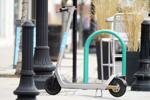
Campaign organizers have kept five different drafts of the ballot question in the mix, hoping that at least one will survive the court challenge. They’ve said they only intend to submit a single measure to voters.
If Judge Krupp sides with the attorney general, it could transform the conversation around the ballot question from a hypothetical (should statute officially define drivers as independent contractors, which is the status quo even though parties disagree whether it’s legal?) into something more concrete (should Uber and Lyft be forced to treat drivers as employees as a judge suggested, or should the law change to allow for the model they prefer?). The inexact timing of a ruling is also a factor.

There’s also uncertainty about whether the apps would continue to operate in Massachusetts — where transportation network companies provided more than 60 million rides in 2022, according to the most recent state data — if both the attorney general’s lawsuit and the ballot campaign do not go their way.
Uber Director of Driver Policy Lucas Munoz in March told lawmakers he could not answer that question directly, adding that “there isn’t any jurisdiction where drivers operate as employees” currently.


